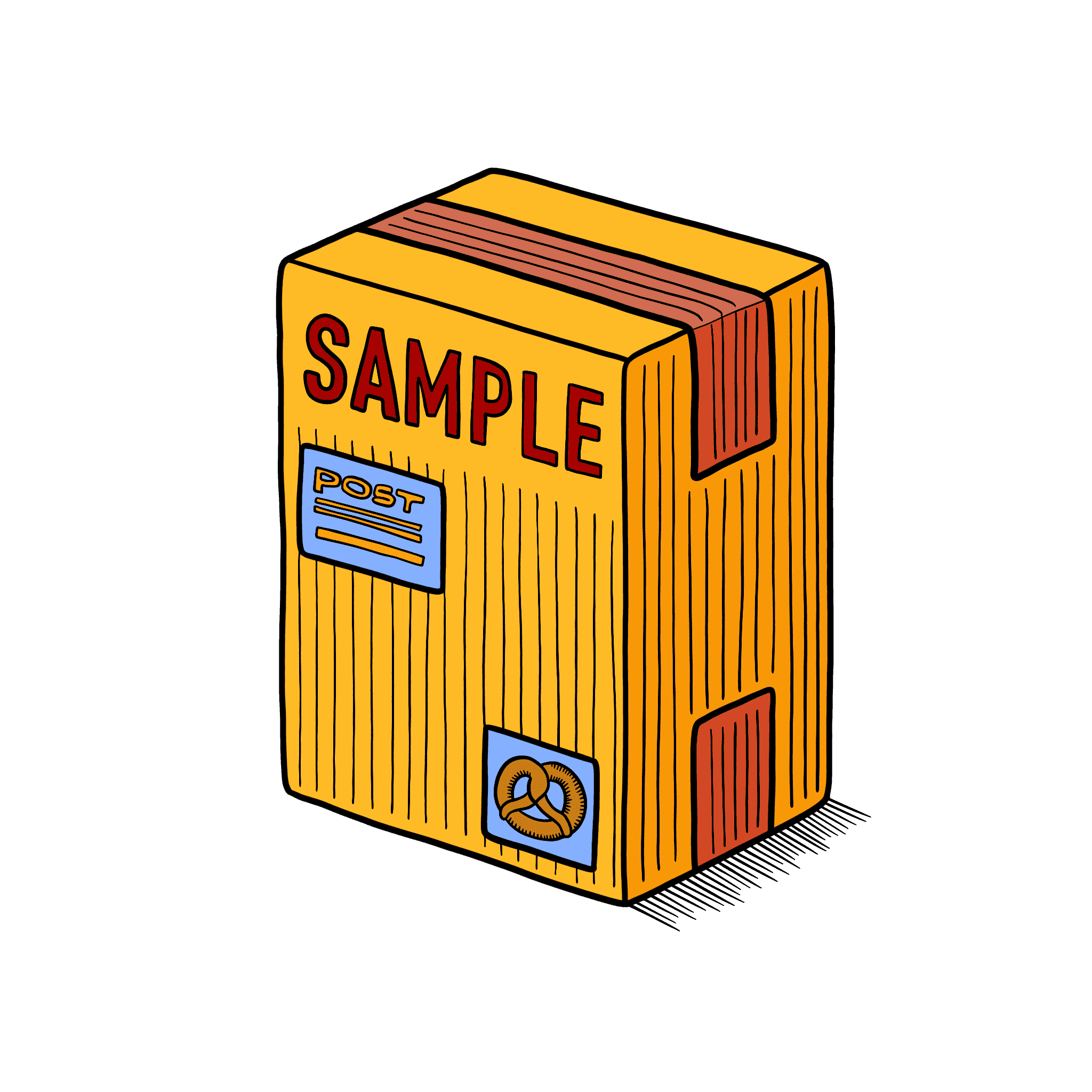Sections
Latest
Explore German knitting vocabulary, for discussions on hobbies.

Knitting is a wonderful hobby that allows you to create beautiful and cozy items with just some yarn and needles. Learning knitting vocabulary in German can help you follow knitting patterns and connect with fellow knitters in the German-speaking community. In this blog post, we'll provide you with multiple lists of very useful German words related to knitting.
Let's start with some common knitting stitches you'll often come across in knitting instructions:
Next, let's explore some essential knitting tools and accessories:
Now, let's learn about some popular knitting yarns and their properties:
Lastly, let's explore some essential knitting terms and concepts:
We hope this vocabulary list enhances your knitting experience in Germany! Whether you're following a knitting pattern, exploring various yarns, or discussing knitting techniques, these words will come in handy. Happy Knitting!
If you're a knitting enthusiast exploring the world of German knitting patterns and communities, you'll find a rich vocabulary that adds an extra layer of excitement to your hobby. In this blog post, we'll delve into some essential German knitting terms that will enhance your knitting journey and connect you with fellow knitting enthusiasts in Germany.
At the core of knitting in German is the word "Stricken," which simply means "to knit." Whether you're picking up needles for the first time or you're an experienced knitter, "Stricken" is the fundamental term you'll encounter in knitting patterns and discussions.
"Maschen" are stitches in knitting, forming the foundation of your project. You'll often come across phrases like "rechte Maschen" (knit stitches) and "linke Maschen" (purl stitches) in patterns, guiding you on which stitches to use to create different textures and patterns.
"Wolle" means "yarn" in German, the primary material you'll be working with. "Wolle" comes in various colors, weights, and fibers, allowing you to create unique and beautiful pieces. Be sure to explore the vibrant world of German yarn shops to discover high-quality "Wolle" for your projects.
"Nadeln" refers to knitting needles, your trusty tools in the knitting process. You'll find different types of "Nadeln," such as "Rundstricknadeln" (circular needles) and "Strumpfstricknadeln" (double-pointed needles), each serving specific purposes in your knitting projects.
"Anleitung" means "pattern" or "instructions." When you're ready to take on a new knitting project, you'll seek out "Anleitungen" that guide you through the steps and techniques required to complete your creation.
"Umschlag" translates to "yarn over" or "yarn forward." It's a common technique used to create eyelets and decorative holes in your knitting. Understanding how to execute a "Umschlag" will open up new design possibilities in your projects.
"Abketten" is the German term for "casting off" or "binding off" your knitting. It's the final step that secures the stitches and finishes your project. With a successful "Abketten," you'll proudly showcase your completed work.
"Muster" means "pattern" or "design." German knitting patterns often include beautiful and intricate "Muster" that add texture and visual interest to your knitted pieces. Exploring various "Muster" will spark your creativity and expand your knitting repertoire.
"Strickgemeinschaft" translates to "knitting community" or "knitting group." Being part of a "Strickgemeinschaft" offers opportunities to connect with other knitting enthusiasts, share experiences, and learn new techniques. Joining a local "Strickgemeinschaft" in Germany can enrich your knitting journey.
Embracing German knitting vocabulary not only enhances your understanding of knitting patterns and instructions but also connects you with a vibrant knitting community in Germany. Whether you're "Stricken" with excitement about starting a new project or celebrating the completion of a beautiful "Muster," the world of German knitting vocabulary awaits you with open arms, knitting needles, and cozy "Wolle."


In this podcast episode, we'll share our tips on how to endure the bitter German winter. Topics include taking part in traditions like Christmas markets and Krampus walks, winter food and cozy indoor activities.